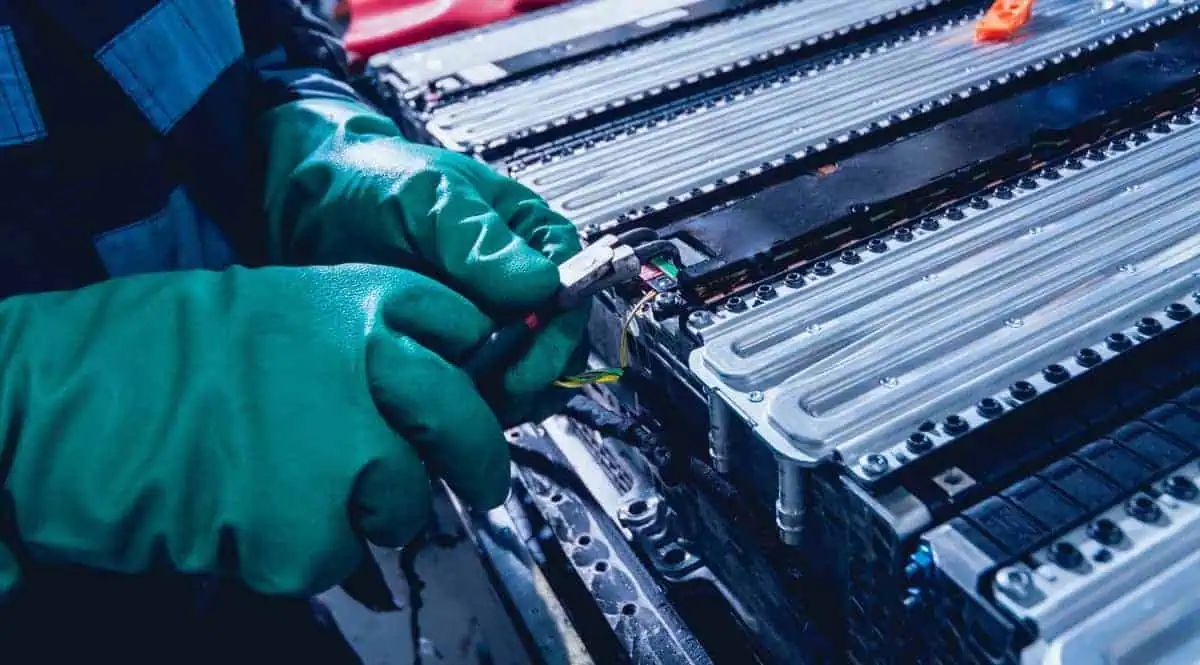Recharge Industries, based in Australia, will take over the failed battery manufacturer Britishvolt after reaching an agreement with administrators late on Sunday in the United Kingdom.
The agreement rekindles expectations for developing a £3.8 billion (A$6.7 billion) “gigafactory” in northern England, which would serve as the foundation of a strategy to modernize the British automotive sector and provide the next generation of UK-built electric vehicles.
Recharge to build a battery production center
The agreement was reached three weeks after Recharge, an Australian company that is part of the New York-based investment firm Scale Facilitation, was named preferred bidder, putting a tremendous opportunity – and pressure – on a startup that has yet to build a project.
Scale Facilitation’s founder and CEO, Australian-born David Collard, told the Guardian that the facility and an adjoining supplier park, where components are built, were still a priority.
We’re working closely with one of the leading UK fund managers looking to team [up] on the development
David Collard, CEO and Founder of Scale Facilitation stated on their collaboration with a supplier
Recharge also intends to construct a battery production free of Chinese and Russian materials in Geelong, Australia, a former automobile manufacturing center.
Britishvolt intended to develop its 30GWh production in stages to capitalize on expanding EV demand ahead of the UK’s 2030 prohibition on new petrol and diesel vehicles.
When fully operational, the facility near Blyth in Northumberland was projected to employ around 3,000 people.
£100 million conditional funding
The British government provided conditional funding of £100 million, but it failed to clear several barriers.
Britishvolt went bankrupt last month after running out of cash, with its loss partly attributed to the large sums it spent on battery technology and research.
Recharge’s pitch emphasized its existing link with American lithium-iron battery maker C4V, eliminating the need to build new technologies.
The BBC was the first to report on the completion of the transaction with administrators EY.
It means the resurrected Britishvolt might manufacture batteries using Australian materials, such as lithium, American technology, and British manufacturing, symbolizing the same three countries in the Aukus trilateral security treaty.
Collard stated the company would initially focus on “developing a robust UK-specific business plan with global alignment.”
UK needs high-volume battery manufacturing facilities
Recharge has expressed interest in developing batteries for energy storage and the defense industry, unlike Britishvolt’s original goal of supplying power batteries for 300,000 vehicles per year.
Former England cricketer Ian Botham, the British government’s trade envoy for Australia, backed Recharge’s application.
It outbid existing Britishvolt investors, private equity firm Greybull Capital, and the Saudi British Bank, supported by HSBC.
According to The Faraday Institution, the UK will require ten high-volume battery manufacturing facilities, or gigafactories, by 2040.
It presently has one, a Chinese-owned battery plant near the Nissan factory in Sunderland, but it needs to catch up to many European countries.
As automotive firms attempt to consolidate production facilities, the future of automobile manufacturing is inextricably related to battery production. China is the world’s leading manufacturer of EV batteries.






